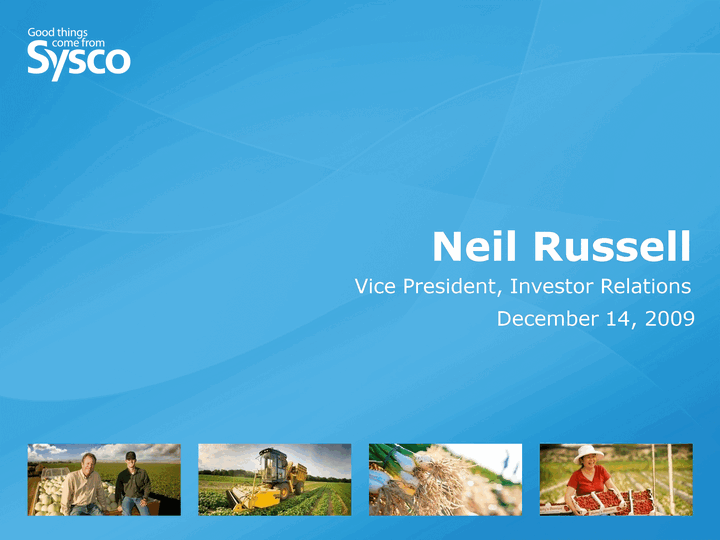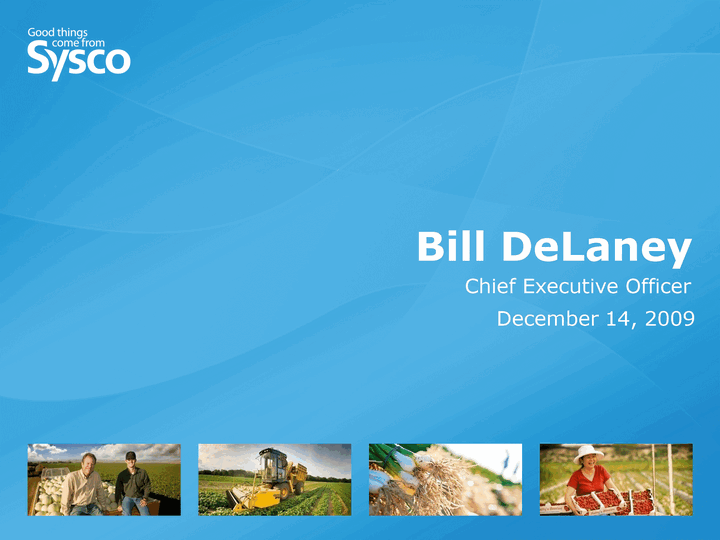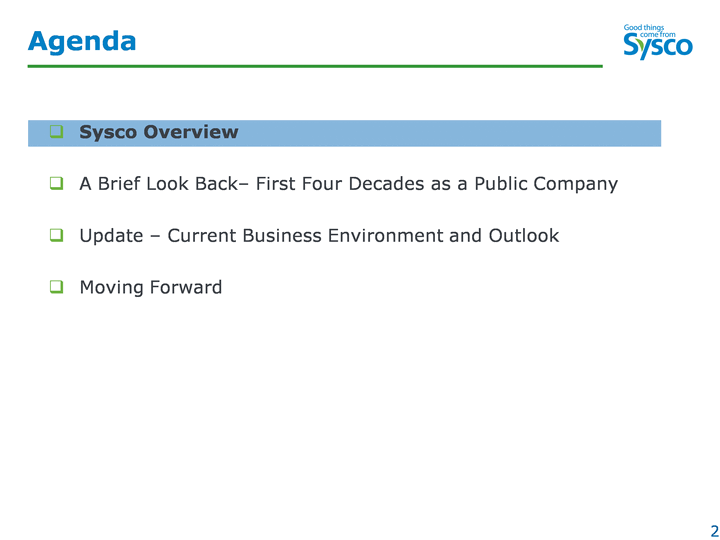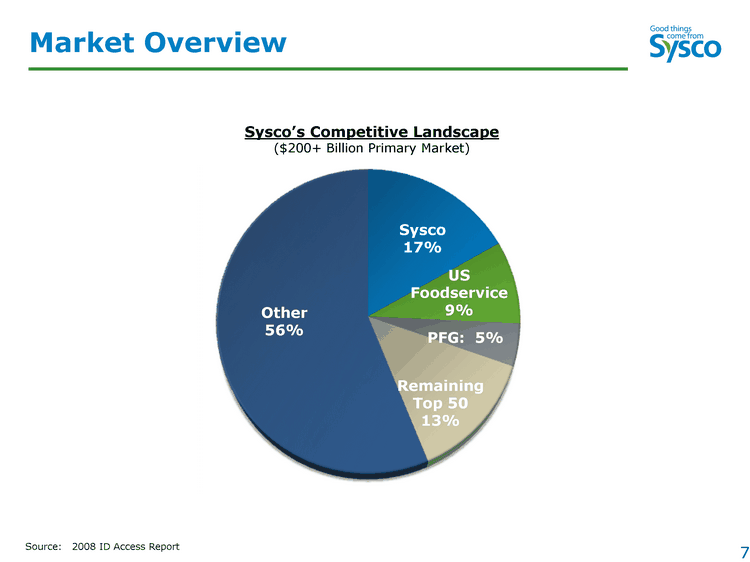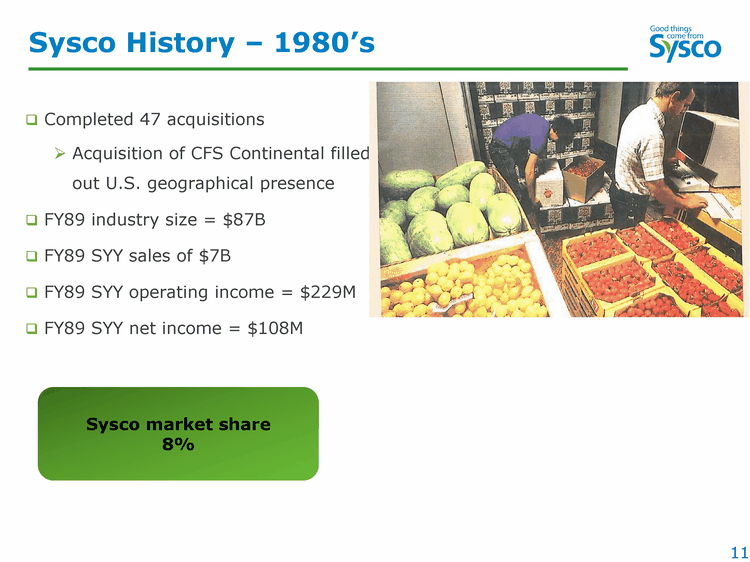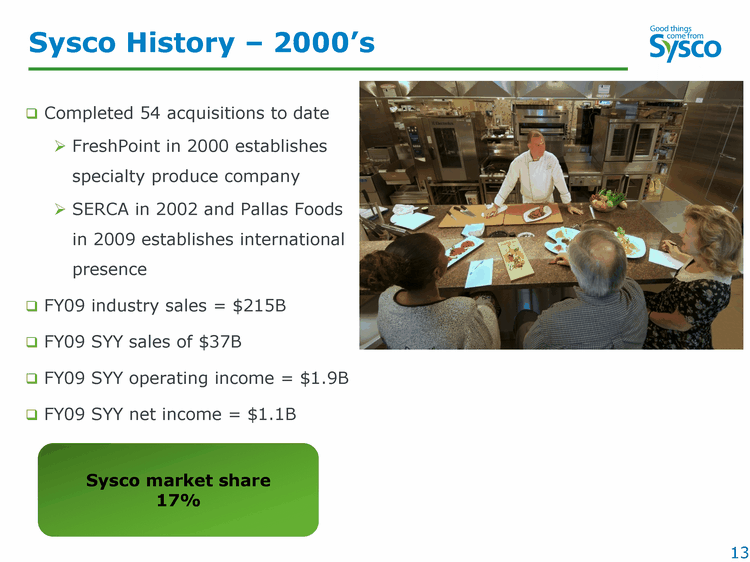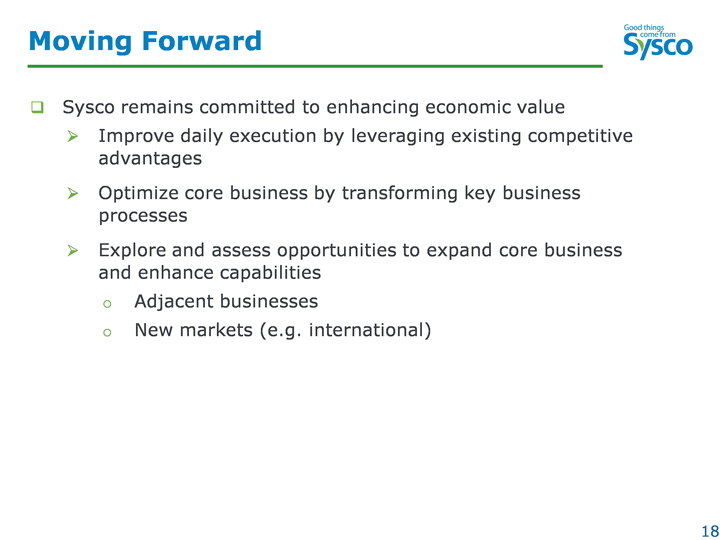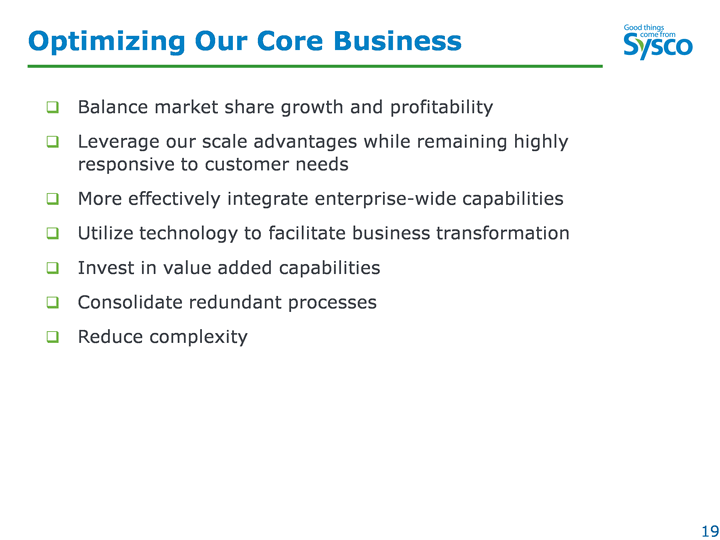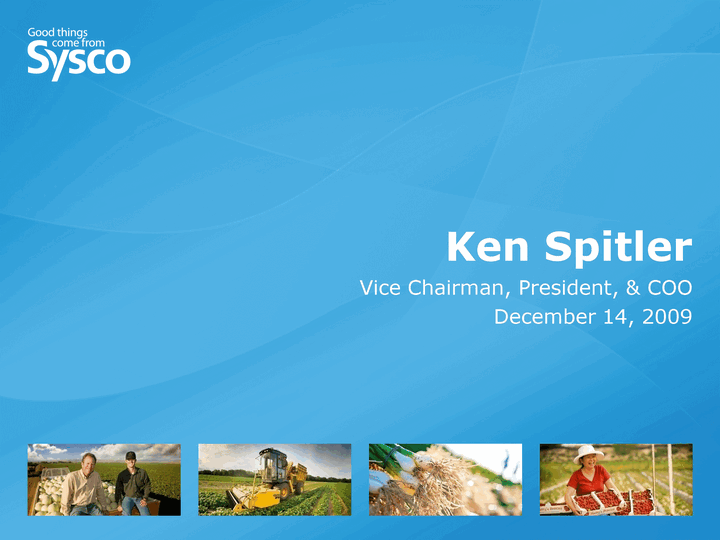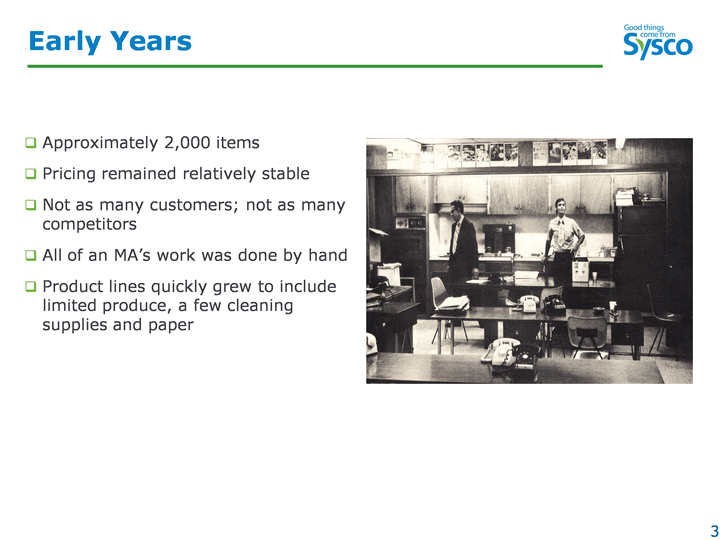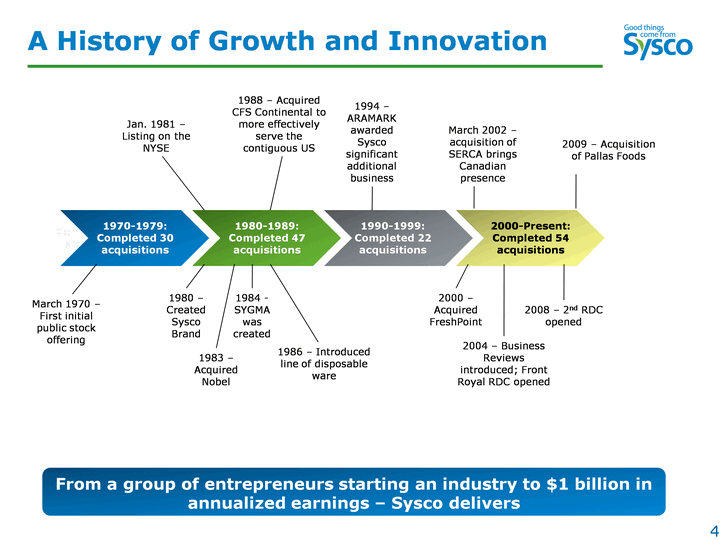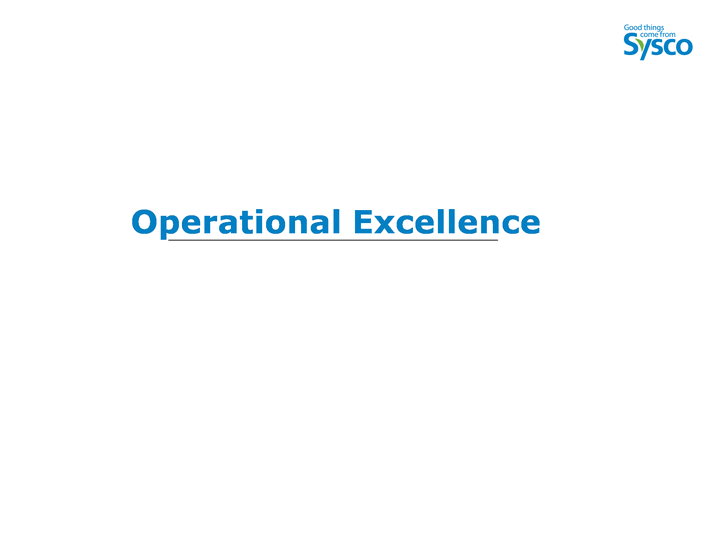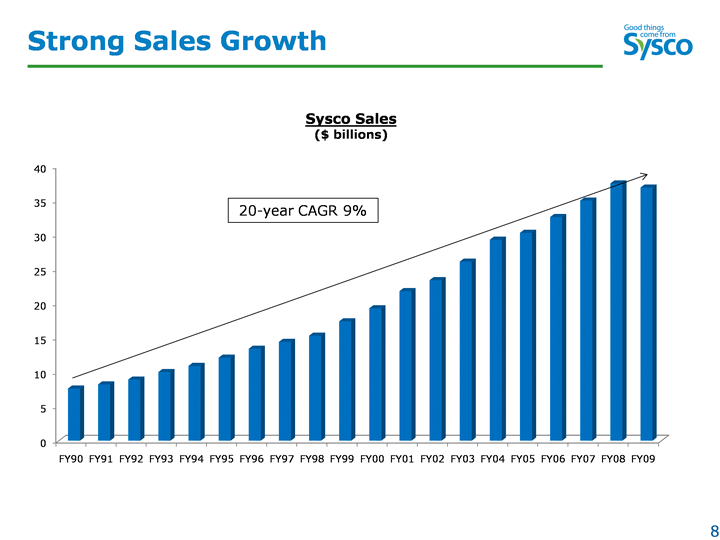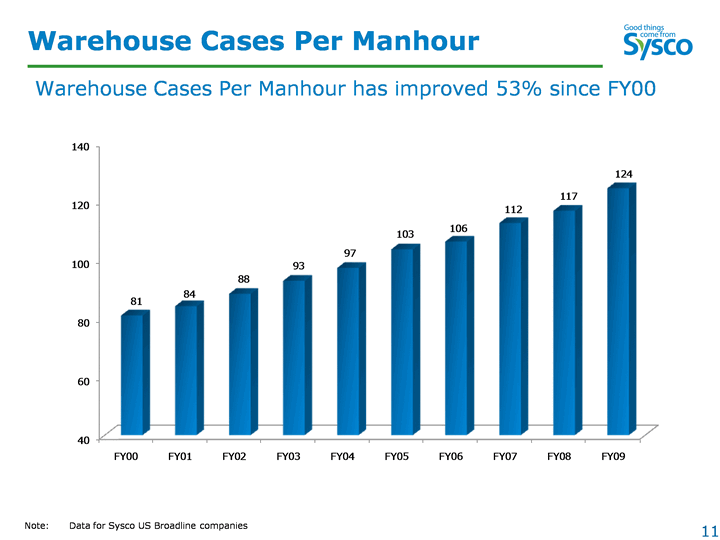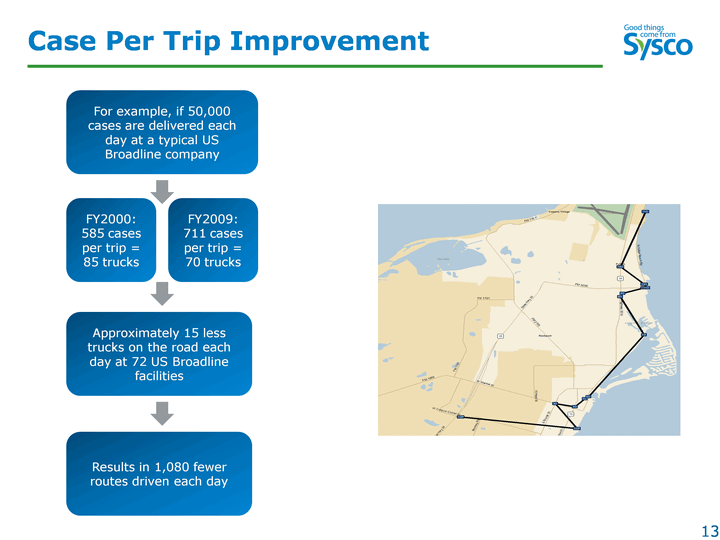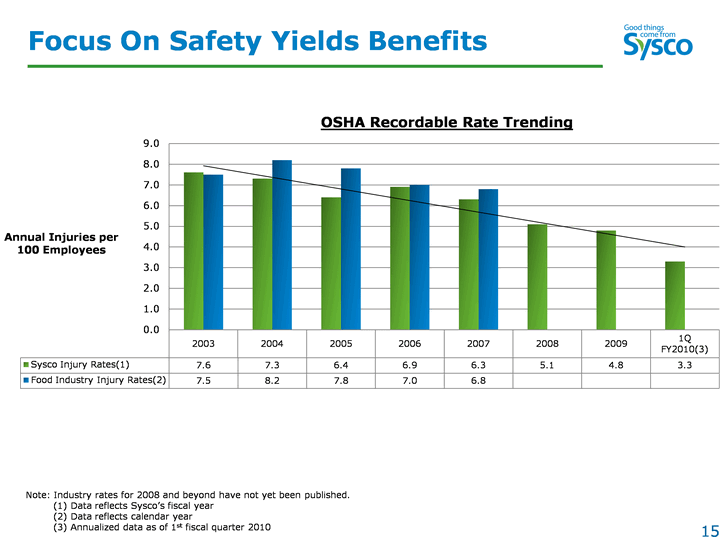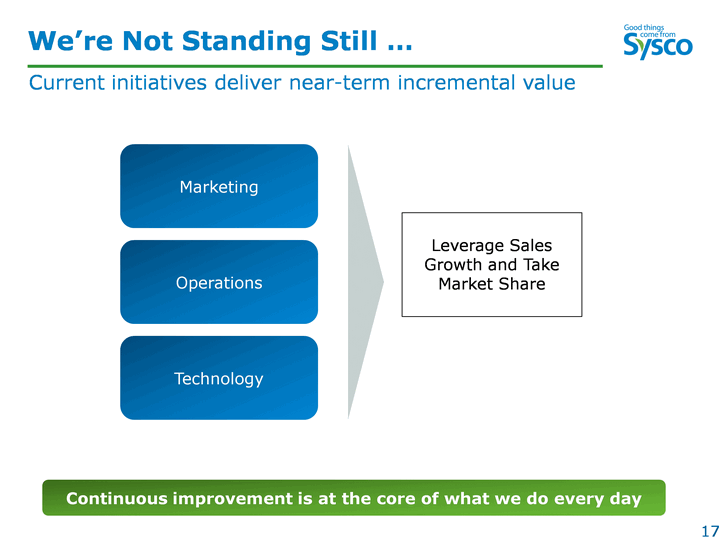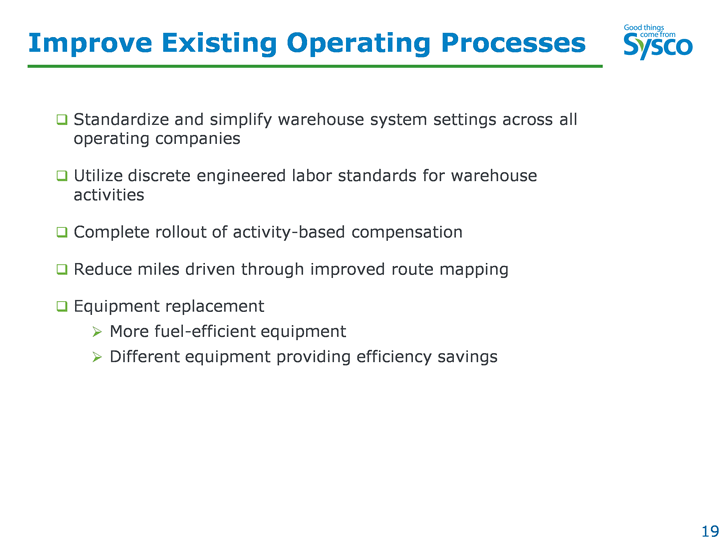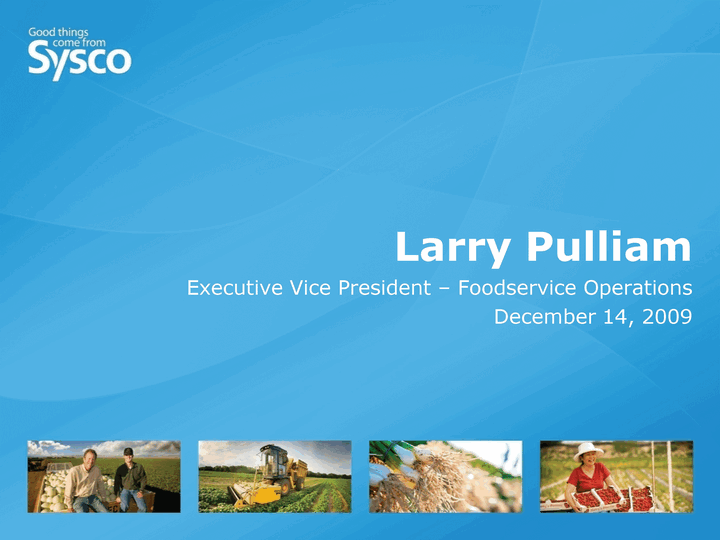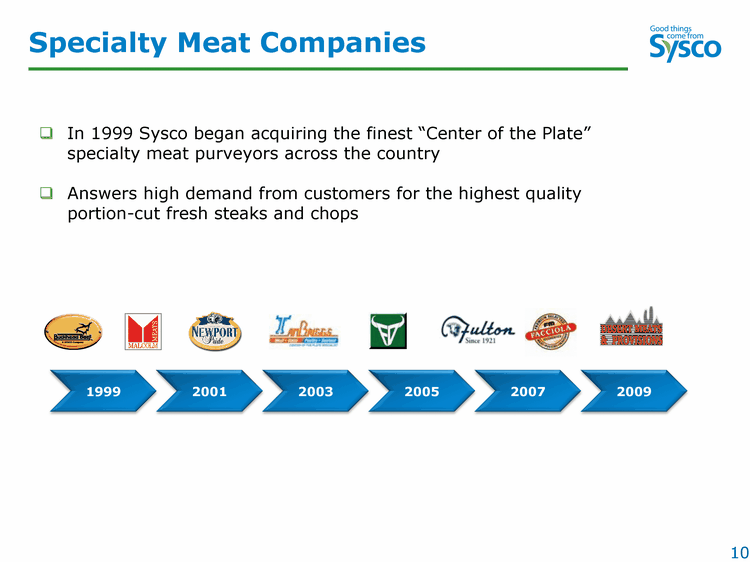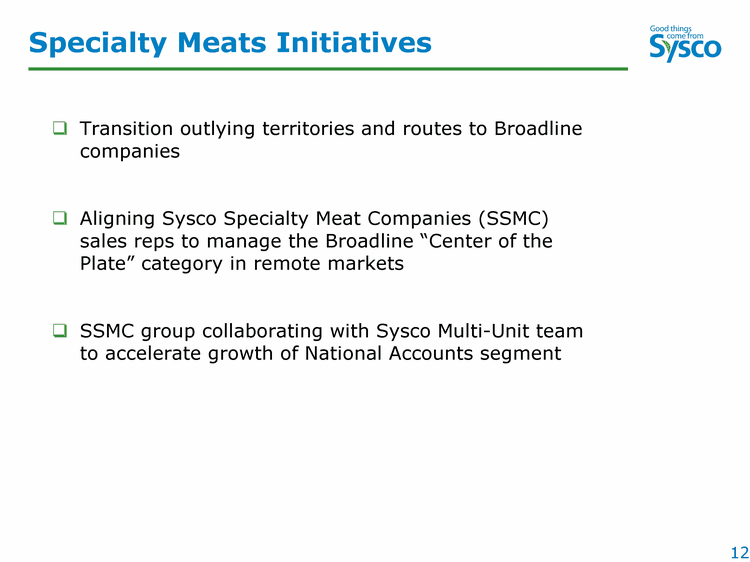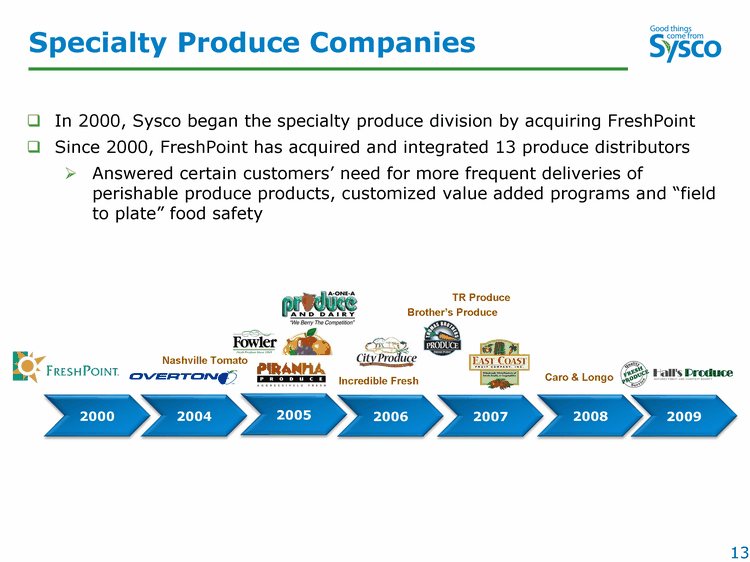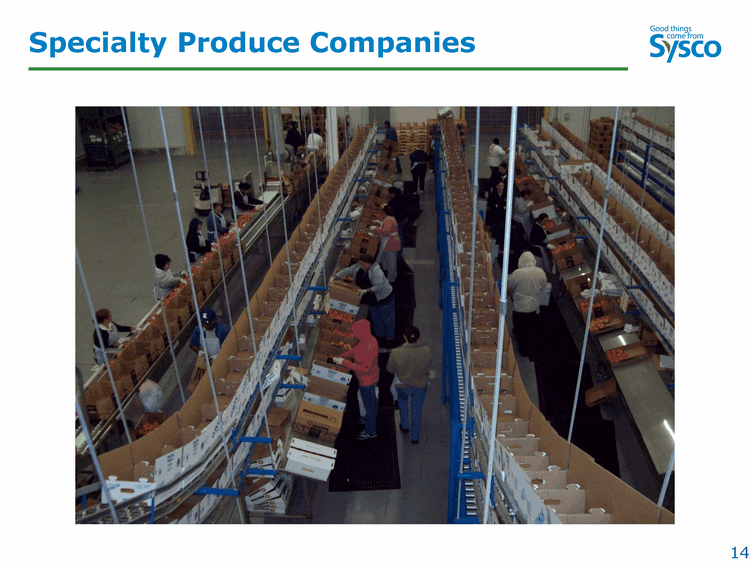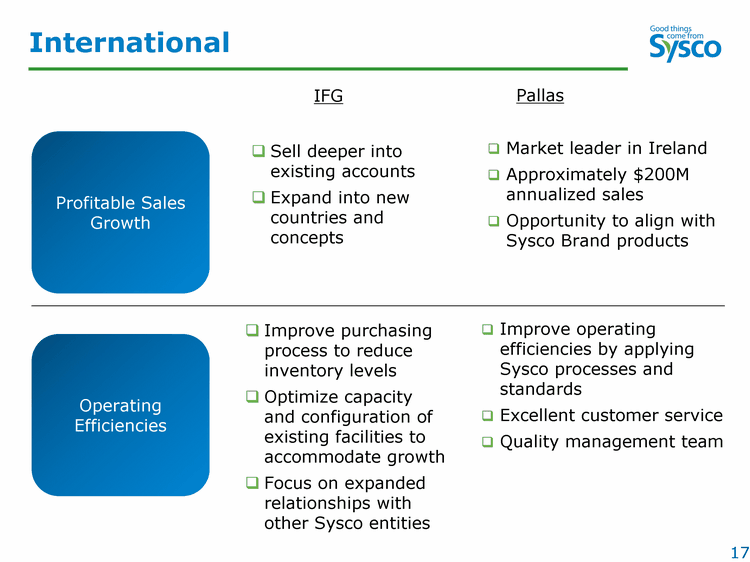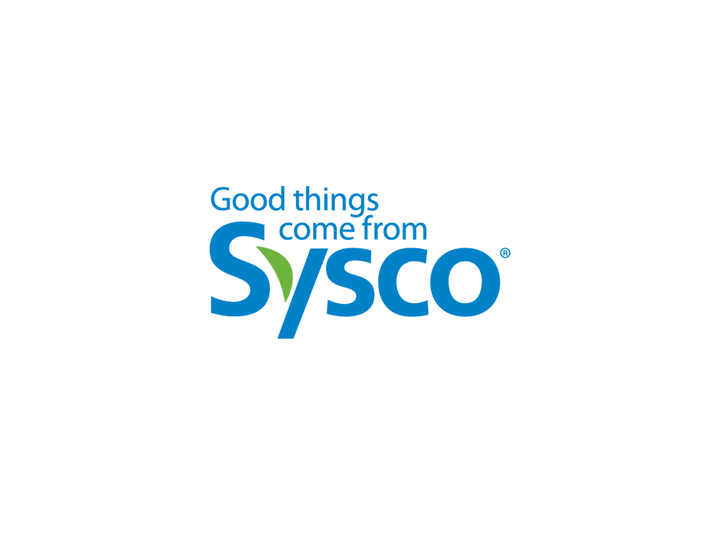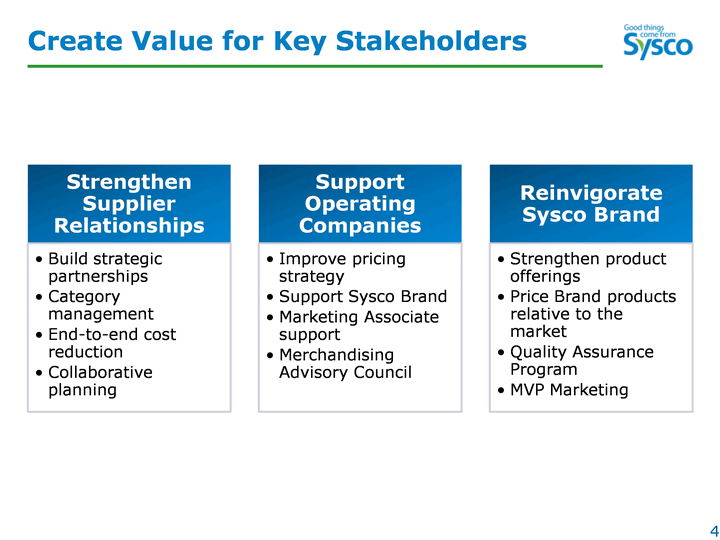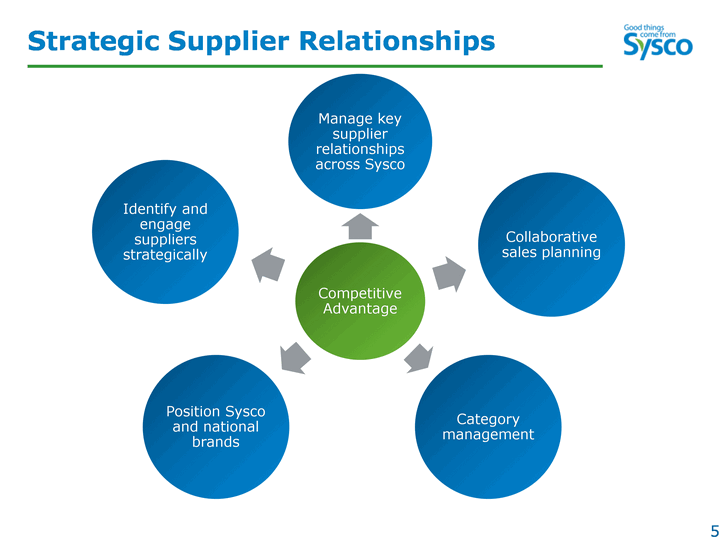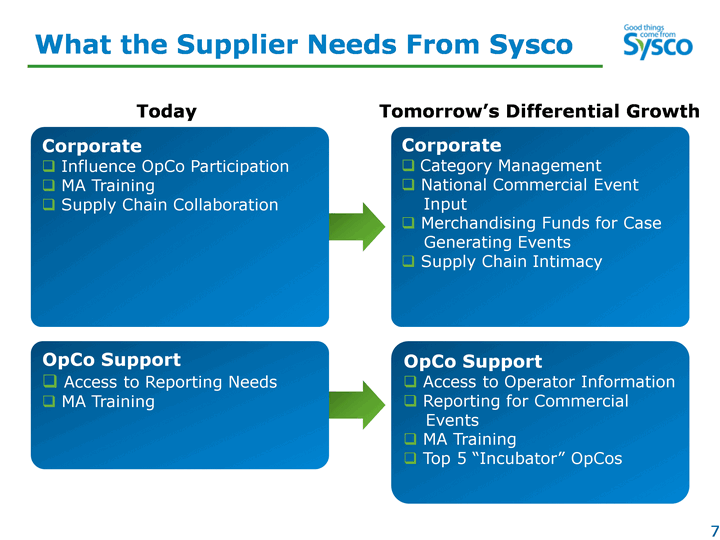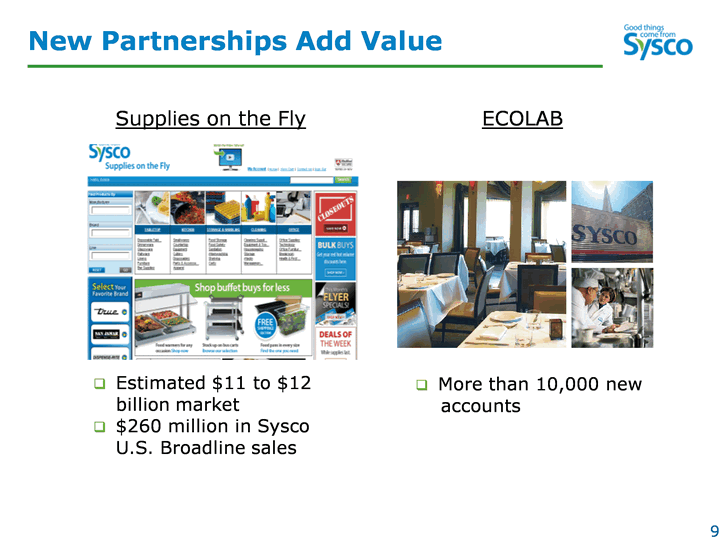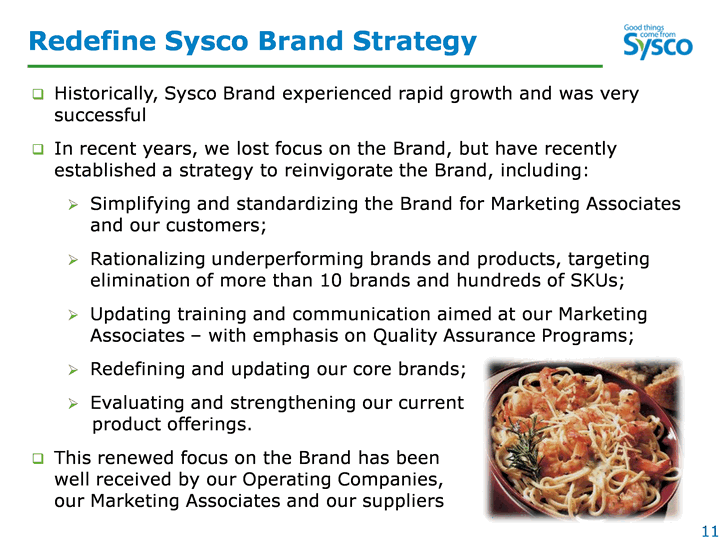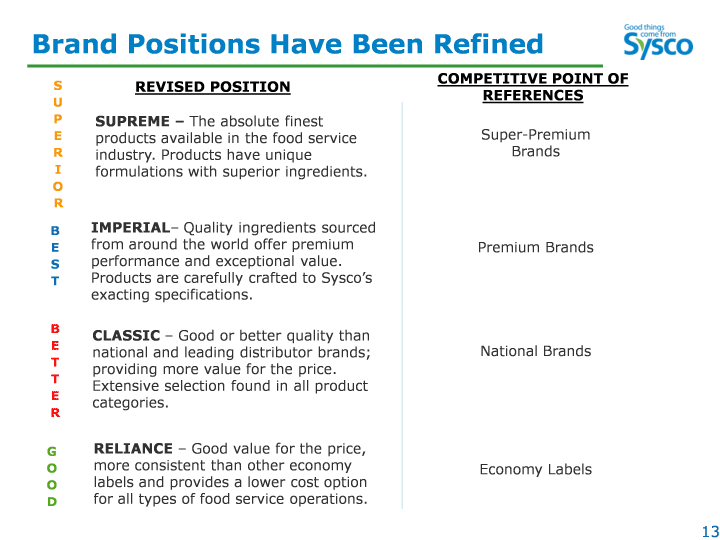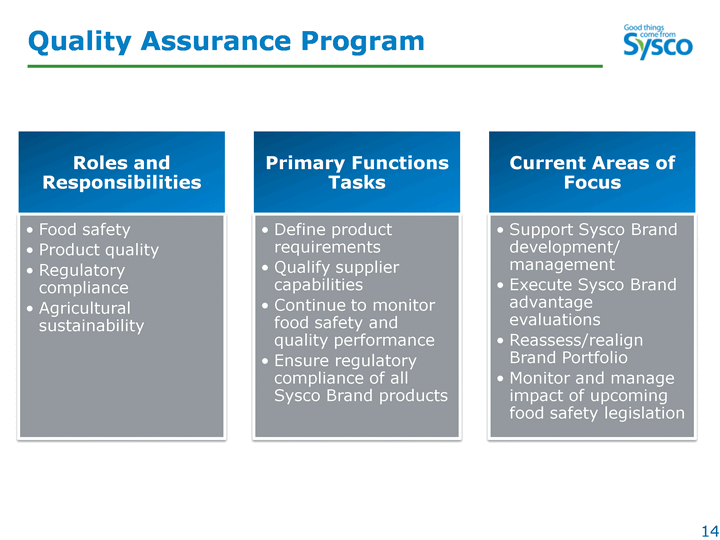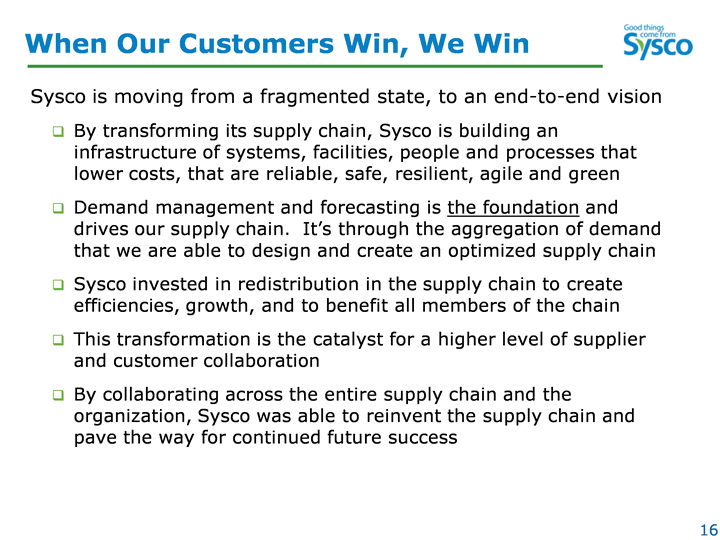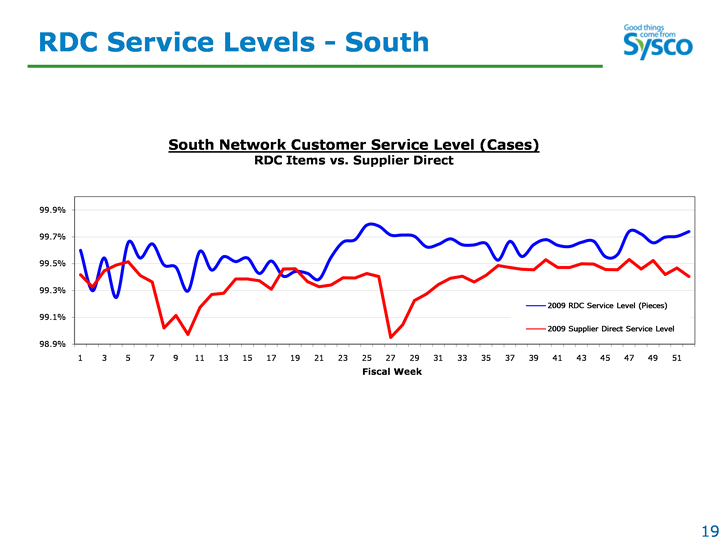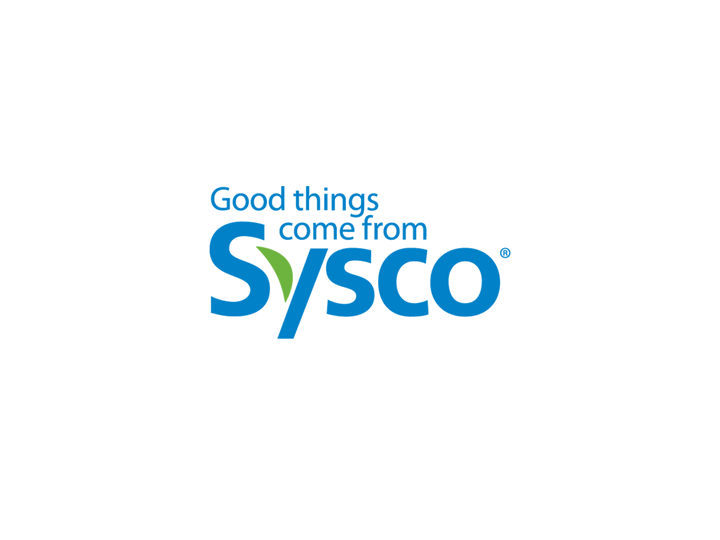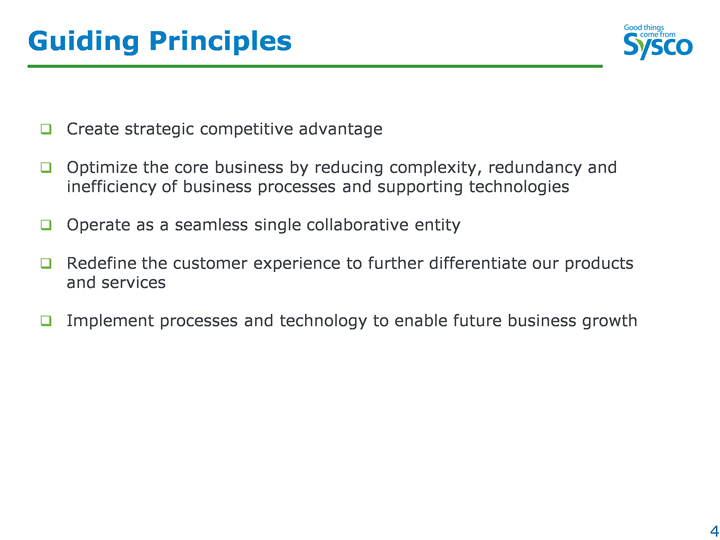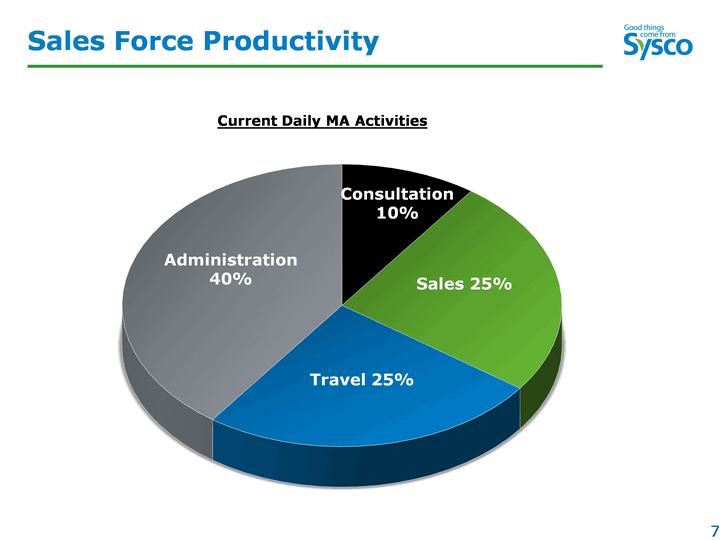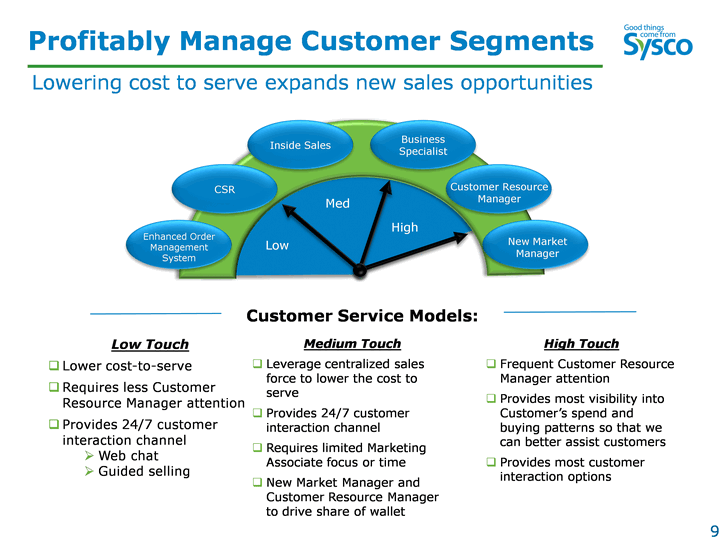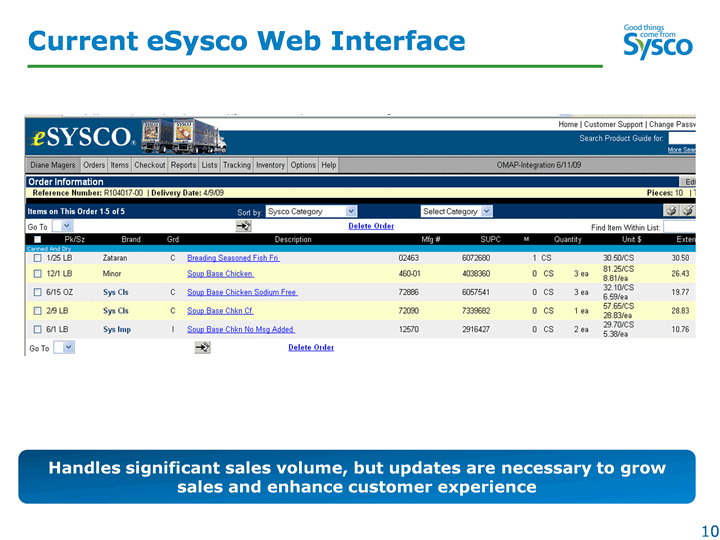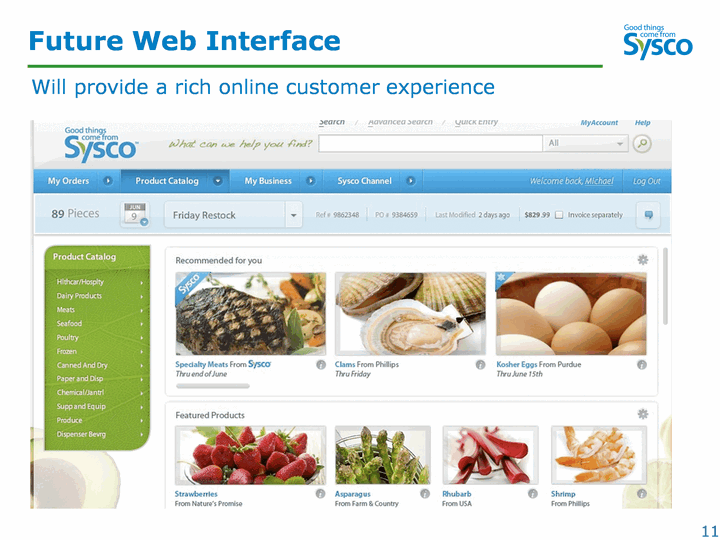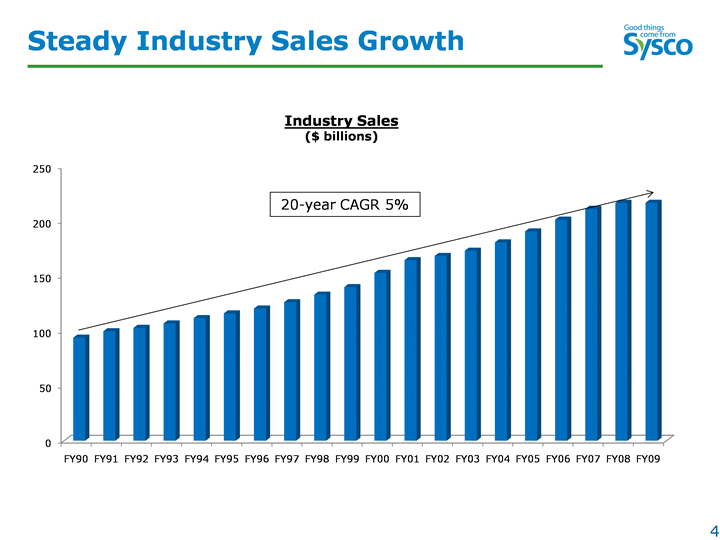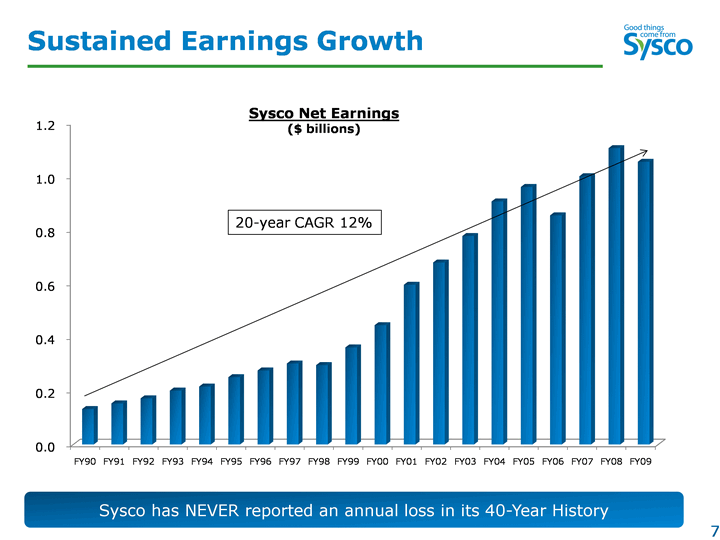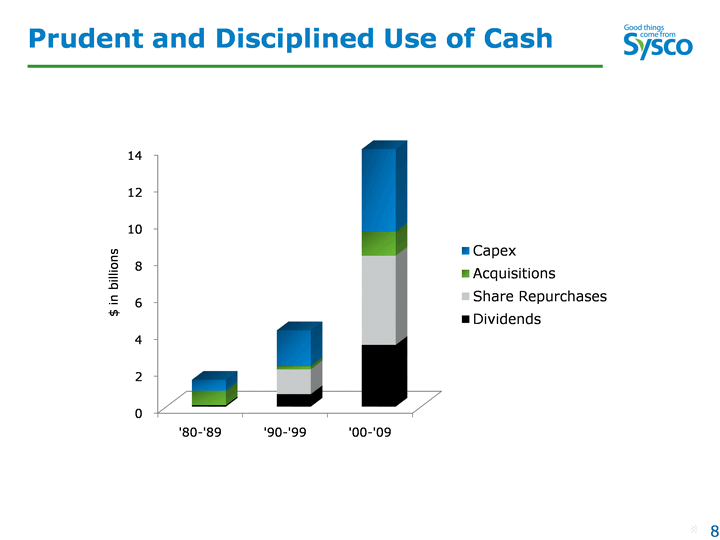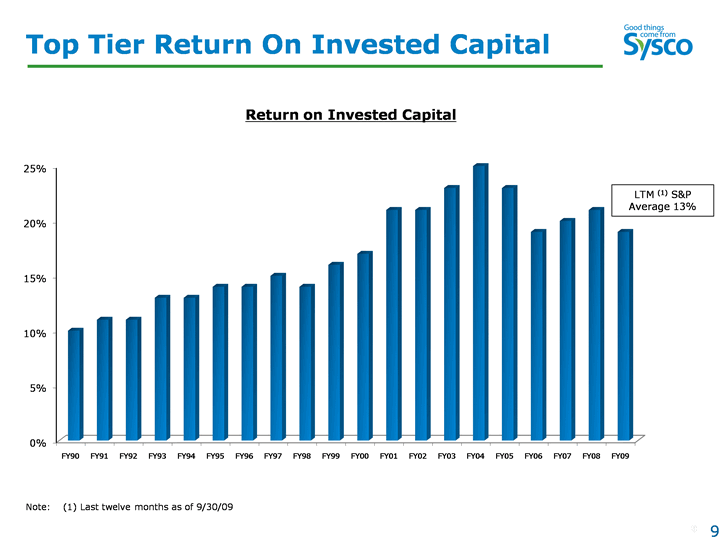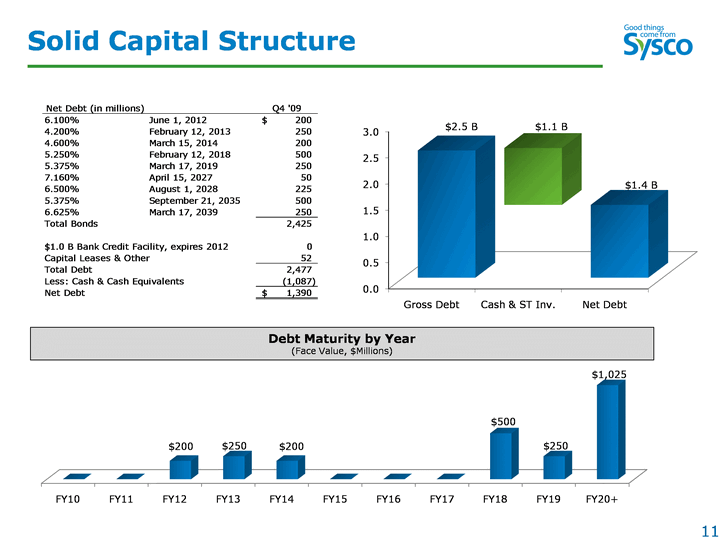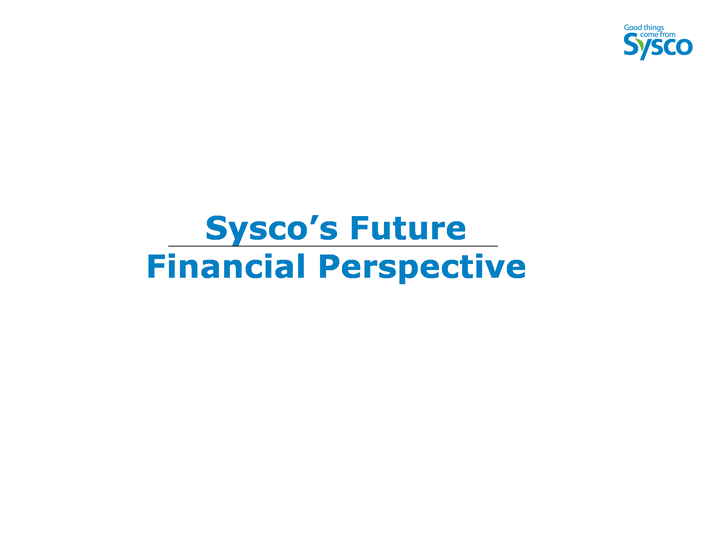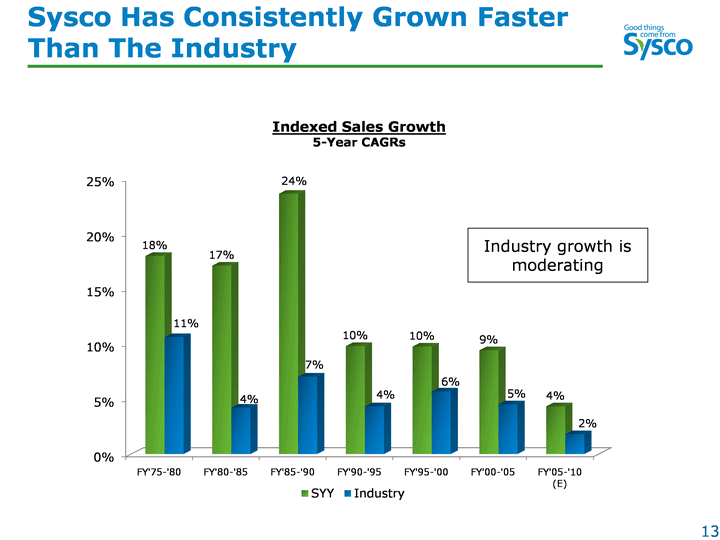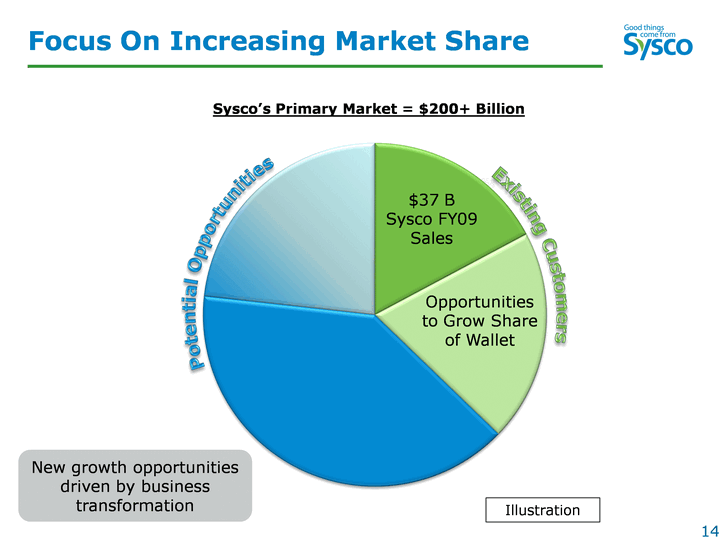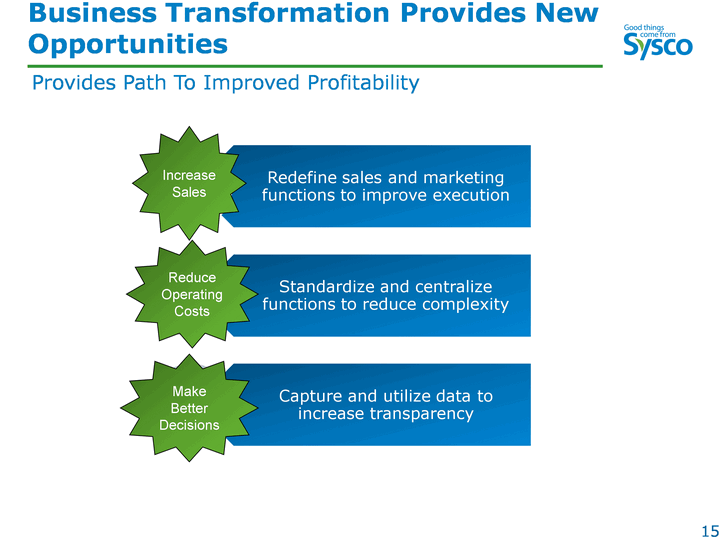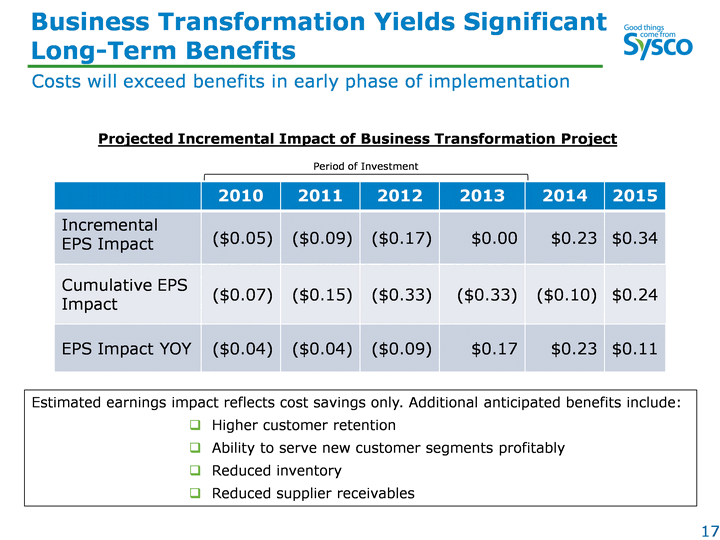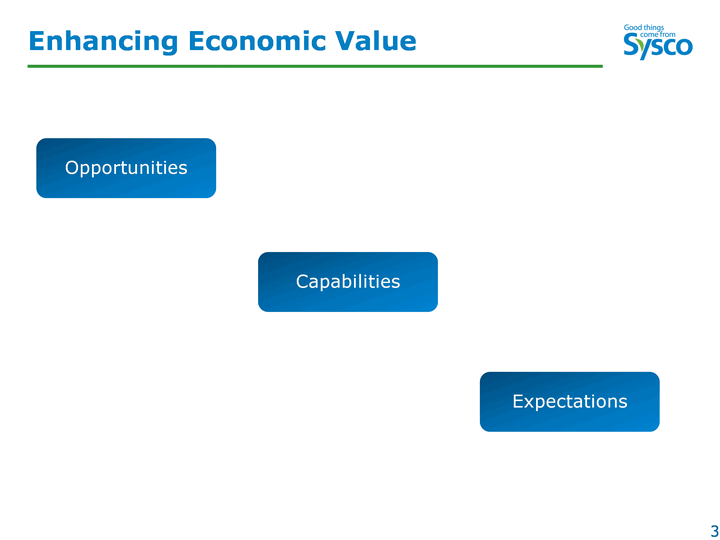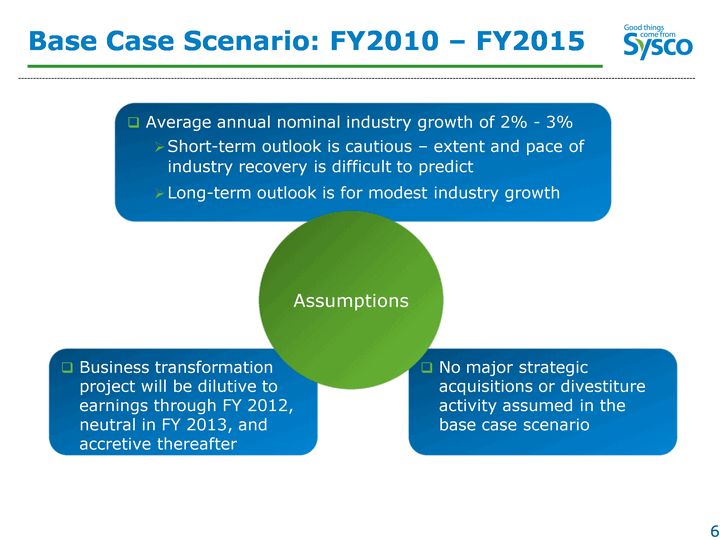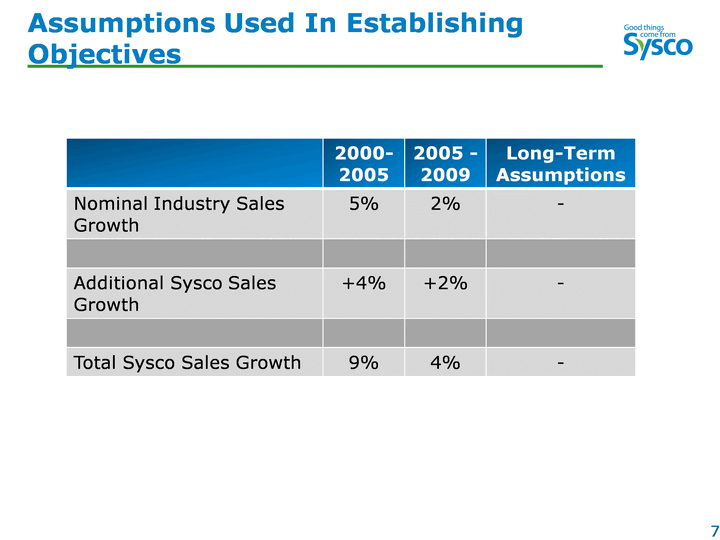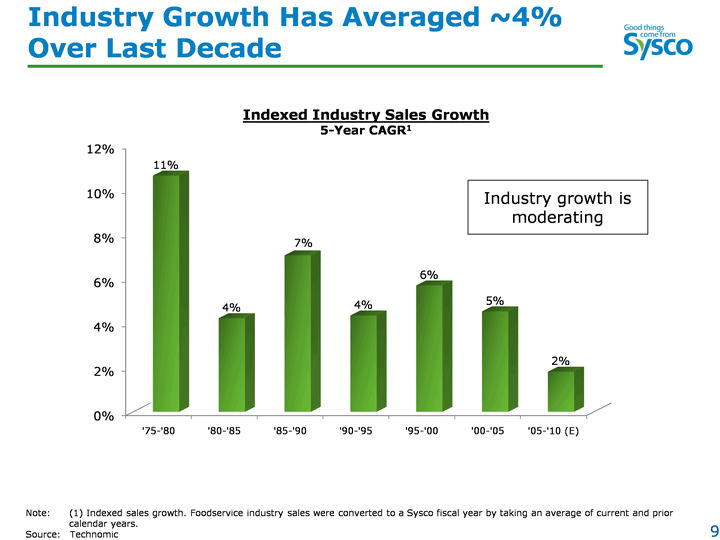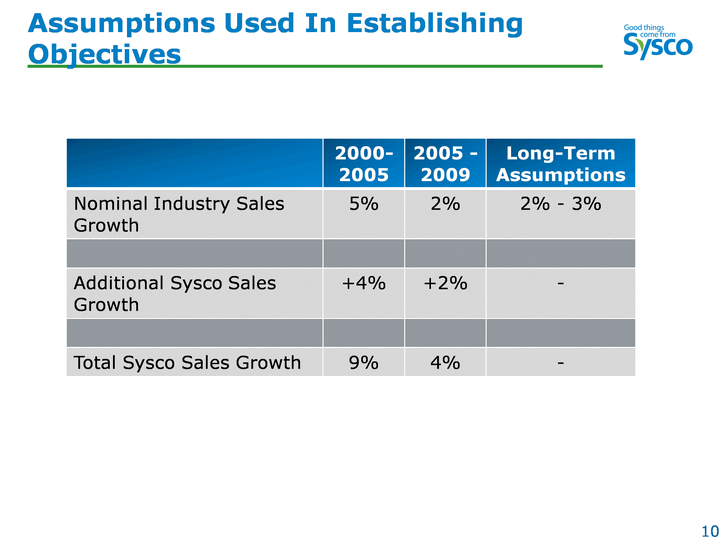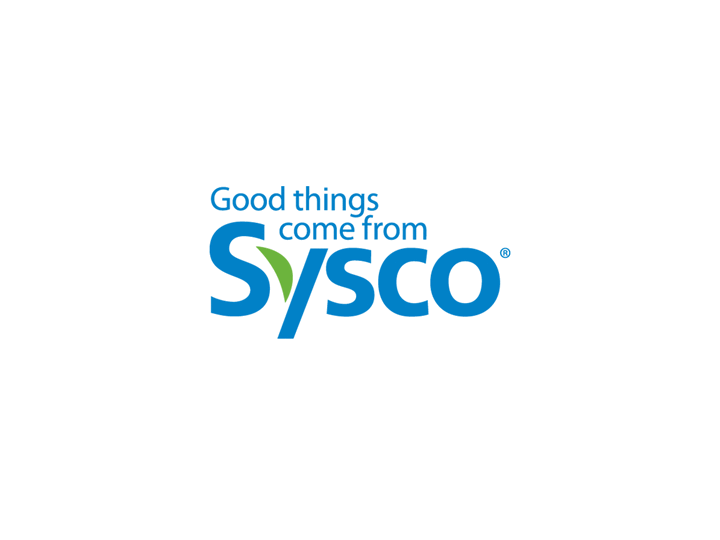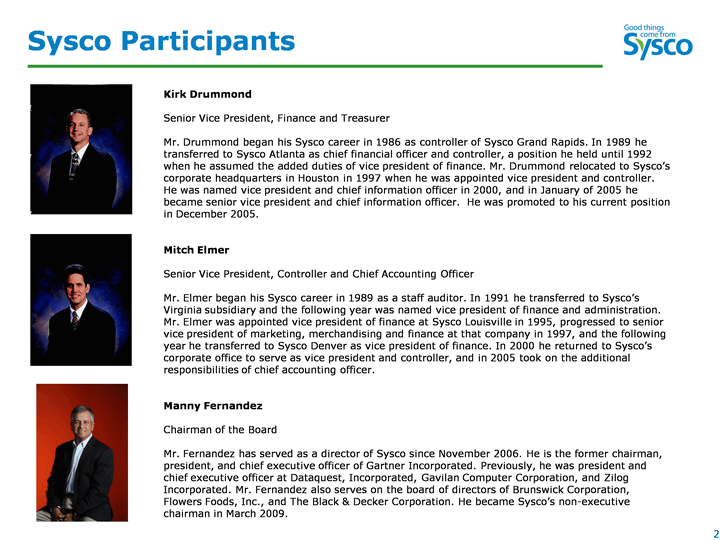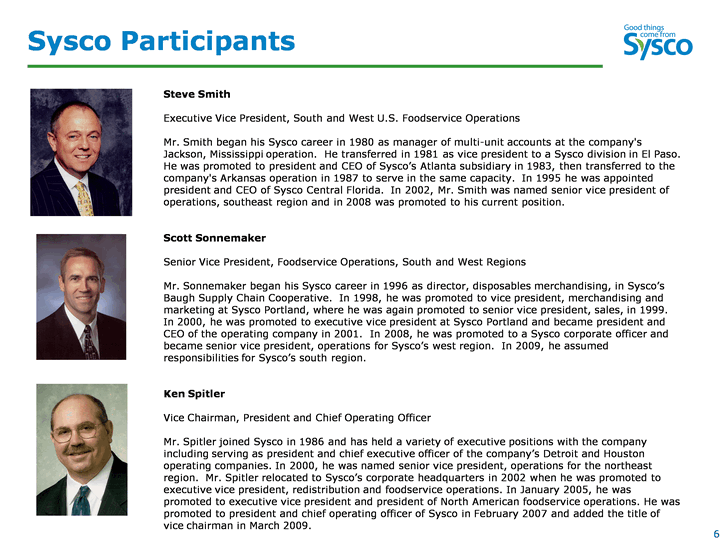| 2 Forward-Looking Statements Certain statements made herein are forward-looking statements under the Private Securities Litigation Reform Act of 1995. They include statements regarding: the expected cost, timing and benefits of the Business Transformation Project, including the company's ability to improve productivity, efficiency and customer satisfaction; continued competitive advantages and positive results from current business initiatives; the company's ability to achieve growth in sales, market share and earnings, as well as above-market returns on invested capital; expectations regarding growth in the industry; volume, sales, expense and operating income trends; expectations regarding operating income and sales for our business segments; the ability to reduce operating expenses; targeted future cash flow and its uses; the company's future objectives for earnings per share; the future strength of the company's balance sheet and its ability to incur additional debt; projections or targets regarding capital expenditures; anticipated dividend payments and share repurchases; and the company's ability to expand its business and enhance its capabilities through acquisitions and other means. These statements involve risks and uncertainties and are based on management's current expectations and estimates; actual results may differ materially. Those risks and uncertainties that could impact these statements include: management's allocation of capital and the timing of capital purchases including purchases related to the Business Transformation Project, facilities, fleet and equipment; risks related to the Company's implementation of its Business Transformation Project, including the risk that the project may not be successfully implemented, may not be implemented on schedule or may not prove cost effective; risks that pertain to Sysco's business, including the risks relating to the foodservice distribution industry's relatively low profit margins and sensitivity to general economic conditions, including the current economic environment and consumer spending; anticipated fuel expense; Sysco's leverage and debt risks; the successful completion of acquisitions and integration of acquired companies as well as the risk that acquisitions could negatively impact the Company's stock price, operating results or debt ratio or significantly increase the Company's liquidity requirements; the risk of interruption of supplies due to lack of long-term contracts, severe weather, work stoppages or otherwise; construction schedules; competitive conditions; labor issues; and internal factors such as the ability to increase efficiencies, control expenses and successfully executive growth strategies. Earnings are also impacted by COLI, pension expense, and option expensing, which is based on certain assumptions regarding the number and fair value of options granted, resulting tax benefits and shares outstanding. Capital expenditures may vary from those projected based on changes in business plans and other factors, including the timing and successful completion of acquisitions, construction and implementation schedules and the possibility that other cash requirements could result in delays or cancellations of capital spending. Caution should be taken not to place undue reliance on Sysco's forward-looking statements, particularly those statements that relate to periods beyond fiscal 2010, which statements represent Sysco's views only as of December 14, 2009, and which Sysco has no current intentions to update. For a discussion of additional factors impacting Sysco's business, see the Company's Annual Report on Form 10-K for the year ended June 27, 2009 as filed with the Securities and Exchange Commission. |
